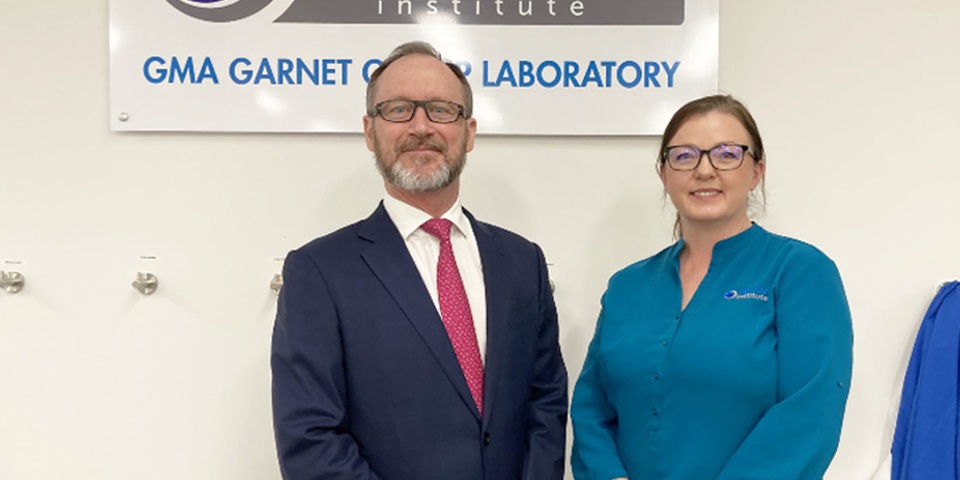News
First genetic marker discovered for multiple sclerosis severity

Murdoch researchers have contributed to an international study which has identified the first genetic marker for multiple sclerosis (MS) severity.
This discovery opens the door to treatments for long-term disability in people diagnosed with this chronic disease of the central nervous system.
The study of 22,000 people with MS has discovered the first genetic variant associated with faster disease progression that can rob patients of their mobility and independence.
Despite the development of effective treatments for relapses, none can reliably prevent progressive disability over time.
This multi-centre global study was published in a top international journal, Nature on 28 June.
Clinical Professor Allan Kermode and Dr Marzena Fabis-Pedrini, who hold appointments at Murdoch University, Perron Institute and UWA, led the WA component, collecting and processing hundreds of DNA samples and clinical data from a WA cohort.
The results have opened a new door into the mechanisms behind MS.”
Clinical Professor Allan Kermode
“Building on our earlier publications in Nature (2011) and Nature Genetics (2013) with international consortia, this study creates a new pathway to develop treatments for enhancing recovery and preventing disease progression.
“It provides exciting new navigation around neurological repair and regeneration in MS within the nervous system, and also has implications for other neurological conditions such as Parkinson’s and motor neurone disease. We are already underway to progress further,” Professor Kermode said.
Professor Kermode heads Demyelinating Diseases Research at the Perron Institute and Centre for Molecular Medicine and Innovative Therapeutics at Murdoch University. Dr Fabis-Pedrini is a Senior Research Fellow and MS Research Coordinator in the team. Both are named as WA co-authors for this international study.
Identifying this genetic variant associated with MS severity is an important advance towards new drug discovery to help preserve the wellbeing of people suffering from MS.”
Dr Marzena Fabis-Pedrini
Other WA contributors include Clinical Professor William (Bill) Carroll (Perron Institute consultant neurologist), and Perron Institute research nurses and clinic management.
Dr Fabis-Pedrini received grant support from MSWA, and the research team received support from the Perron Institute and MS Australia.
This research supports the United Nations Sustainable Development Goal 3, to ensure healthy lives and promote well-being for all at all ages.
Learn more about the work of the Centre for Molecular Medicine and Innovative Therapeutics.